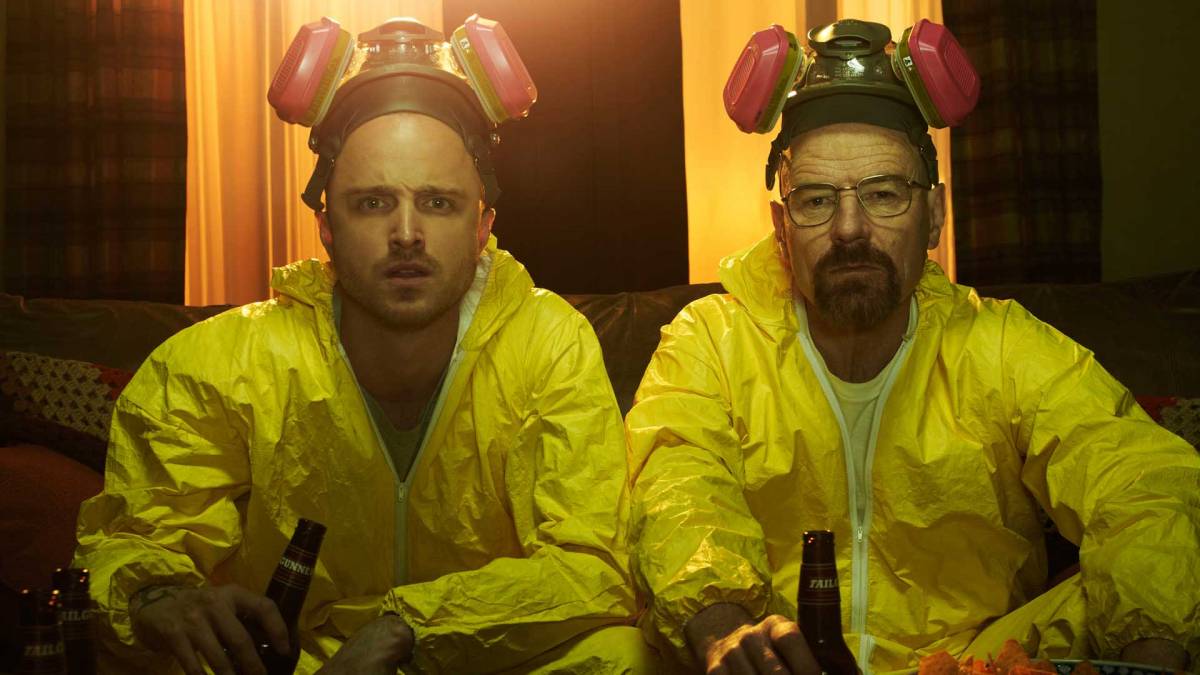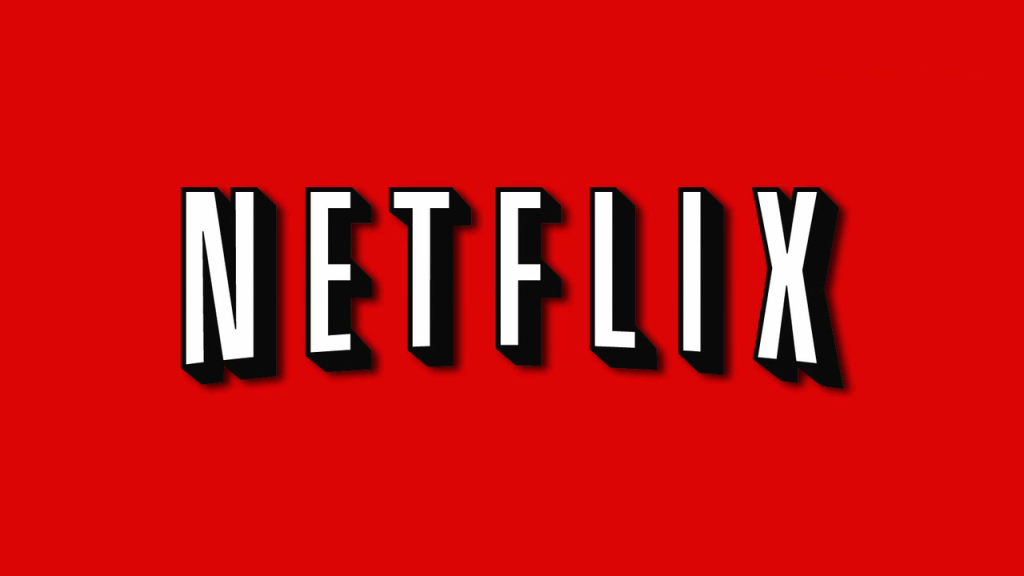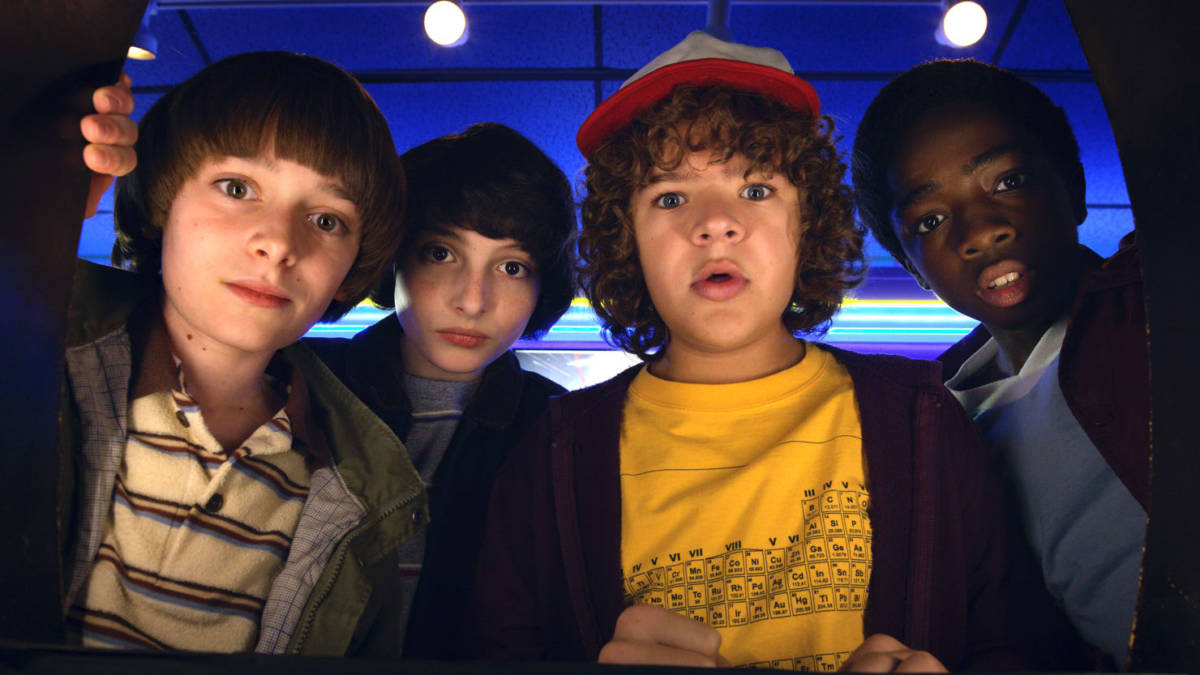Netflix, reigning king of the subscription streaming services, has announced that it will be experimenting with incorporating adverts – or, as it insists on calling them, ‘trailers’ – for its other shows. Specifically, it will be breaking up series binges to include these adverts. To quote Douglas Adams, this has made a lot of people very angry and been widely regarded as a bad move.
Netflix issued the following statement to cordcuttersnews, a site which advocates the use of streaming services as opposed to cable TV:
“At Netflix, we conduct hundreds of tests every year so we can better understand what helps members more easily find something great to watch. A couple of years ago, we introduced video previews to the TV experience, because we saw that it significantly cut the time members spend browsing and helped them find something they would enjoy watching even faster. Since then, we have been experimenting even more with video based on personalized recommendations for shows and movies on the service or coming shortly, and continue to learn from our members.”
The immediate response from many has, of course, been complaints that this is exactly what they turned to Netflix to get away from – and from there, this grew into threats that customers would vote with their wallets and turn to literally any advert-free alternative that’s available, such as Hulu Plus, or piracy. It was this same consumer migration, after all, that gave Netflix the position it now enjoys in the first place, at the expense of old-media outlets like cable networks or video rental stores (the latter now topping the long list of things millennials have callously killed).
Many online comments have blamed this development on Netflix’s shareholders and their demand for indefinite growth – yet it’s hard to see purely in-house adverts being that much of a financial boon, particularly as compared to more general advertising slots, which can command staggering prices if the viewing figures are right. For example, to advertise during the 2018 Super Bowl, a 30-second slot would have set you back a cool $5 million. That, admittedly, is the highest of high-end examples, but even a 30-second slot on everyday primetime would run you, on average, over $100,000.
More likely, it’s an attempt to bump up the ratings for their own productions. A study by 7Park Data last year indicated that, while Netflix has wheeled out some incredibly popular content, the lion’s share of viewers tend towards properties it streams on license, such as Breaking Bad and The Office. Even in the week after the debut of the acclaimed Stranger Things, views of licensed content kept up a slim but solid majority.

AMC
There’s often a quintessentially separated-by-a-common-language moment when Americans discover that the British must pay for a TV license in order to own and operate a television. The more liberty-minded Americans, as do a fair number of Brits, tend to see this as the nanny state in action – and this may be so, but the mechanism is in place so that the British Broadcasting Corporation (or BBC) can keep operating without adverts. The only things you will see between programmes on the BBC are the occasional news announcement, and – as with Netflix – advert-style previews of other in-house productions.
It is for this reason that when the BBC makes a half-hour programme, it runs for half an hour, rather than twenty-and-a-bit minutes. This was thrown into stark relief with the British broadcast of terrorism-thriller 24, each episode of which purported to be one hour of a single day – but, having to make room for ad breaks, each episode came in closer to three quarters of an hour.
The BBC, however, has been operating in this manner for 95 years. Netflix cannot draw upon the same reservoir of goodwill, and, what’s more, it has given audiences a taste of an advertisement-free idyll, and they’ve grown fond of it. Anyone who’s ever used an adblocker extension to browse the internet can tell you it’s at least refreshing, and for some sites near enough essential – like ascending into the rarefied atmosphere, up out of the smog below.
(These strongly-worded opinions are for entertainment purposes only. Please whitelist us in your adblocker.)
It’s possible that Netflix could still command a healthy audience if it fully instituted this BBC-esque model. Whether it will, though, remains to be seen – particularly in the face of the immediate public backlash it’s suffered.
Some of the coverage you find on Cultured Vultures contains affiliate links, which provide us with small commissions based on purchases made from visiting our site. We cover gaming news, movie reviews, wrestling and much more.




